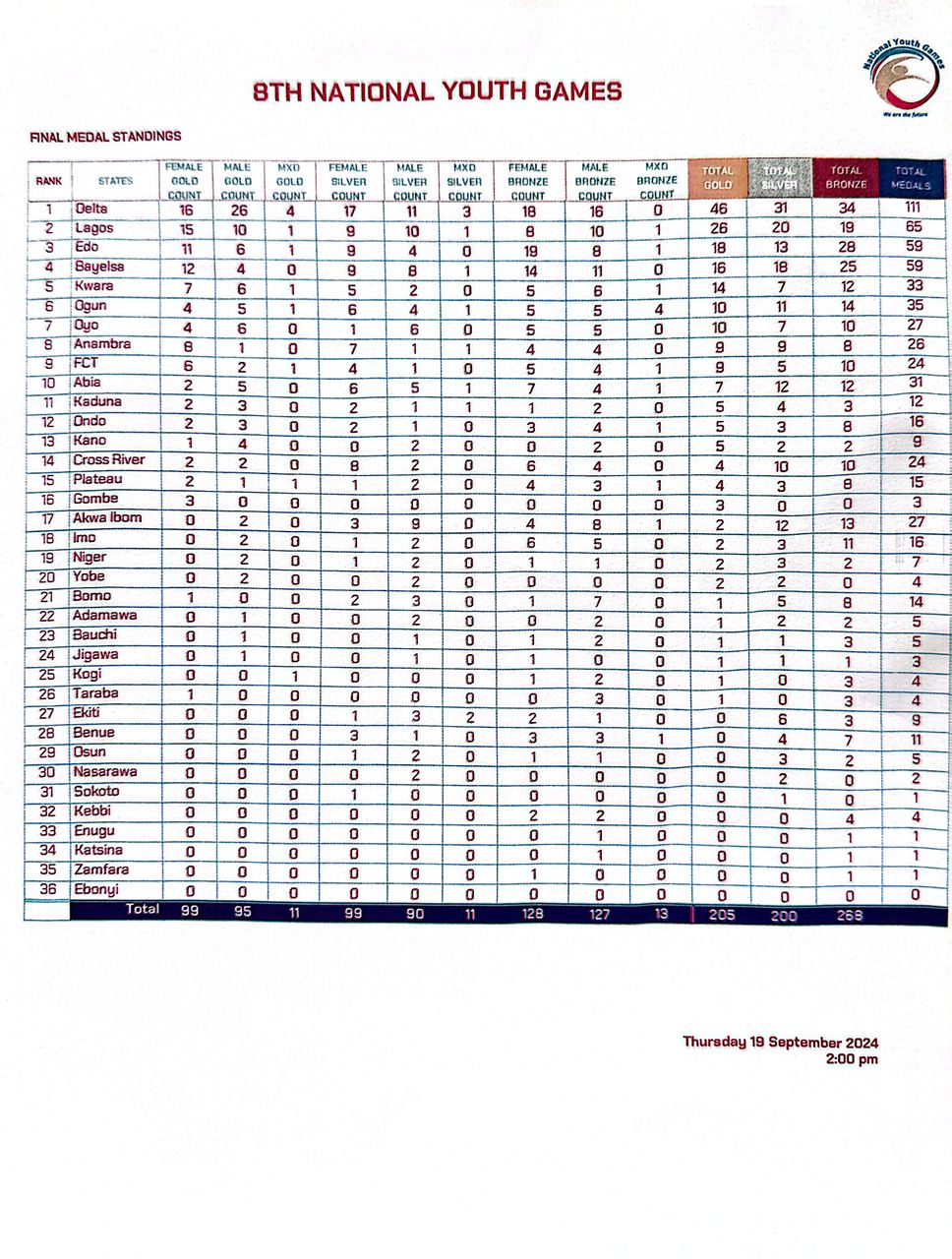Place your adverts here on InfoDig @ low rates; banner ads, sponsored links and guest articles etc. Contact us
UNICEF has issued an urgent appeal for nearly $59 million to support efforts to halt the rapid spread of mpox in six African countries including Burundi, where youngsters have been impacted the most.
READ ALSO:Africa battling 125 disease outbreaks- WHO reveals
UNICEF Regional Health Advisor for Eastern and Southern Africa, Dr Paul Ngwakum diclosed this to journalists in Geneva on Friday.
“Children in Burundi are bearing the brunt of the mpox outbreak with alarming rates of infection and health impacts.
“Of the nearly 600 reported cases, two-thirds are children under 19 years old and the situation is escalating really rapidly with more than [a] 40 per cent increase in cases over the last three weeks,” he said.
To date in Burundi there have been more than 14,000 suspected cases but no reported deaths from mpox.
Neighbouring Democratic Republic of the Congo, however, has seen nearly 21,900 suspected cases and 717 deaths.
The UNICEF official insisted that with funding and prompt action in Burundi, “we have an opportunity to end this outbreak in a very short time period because the geographical area is kind of limited and with concerted effort from all partners.
”I think, we can limit the spread; we can contain the virus so we can stop the outbreak without any loss of life.”
Following the start of the school year earlier this week in Burundi, the UN agency remains concerned about the rise of mpox among children under five years of age, who represent 30 per cent of reported cases – as in DRC.
To help teachers and parents understand the risks and minimisze disruption, the UN agency has supported the education authorities to implement health measures in schools.
This is train staff to recognise early symptoms of mpox and reinforce hand hygiene.
“Make no mistake, we don’t have all the answers. No one does. This is a rapidly evolving situation, with a new, infectious strain.
”We are learning more every day about different modes of transmission.
”And with more information, we update our messaging and our response,” Ngwakum said.
The UNICEF appeal will also provide mental health support for parents and front-line workers who may face hostility from some communities in part.
This is because of the association of mpox with sex, which is responsible for some transmission – but by no means all of it.
He said, “Sex in Africa is not something that is spoken of on a daily basis. And if they think you are having a sexually transmitted disease, it stigmatizes you as well.
“We try to explain that this is not the case. Most children have it from body-to-body contact or contact with animals or contact with infected materials, which is not having anything to do with human-to-human sexual contamination.”
Highlighting the stark contrast between the high number of suspected deaths from mpox in DRC and Burundi, Dr Margaret Harris from the UN World Health Organization (WHO) explained that this was likely owing to the longstanding humanitarian emergency in eastern DRC.
“Many of the children whom we’ve seen horribly, sadly die in the Democratic Republic of Congo were very immuno-suppressed.
”This was through being severely malnourished and having suffered the effects of conflict and perhaps also having other diseases at the same time,’’ she said.
NAN/Wumi


![#EdoElection2024: Adhoc Officials Arrive Polling Unit In Edo South, Begin Preparation For Polls – [VIDEO]](https://www.naijanews.com/wp-content/uploads/2024/09/EDO-INEC-Officials.jpg)












 English (US) ·
English (US) ·